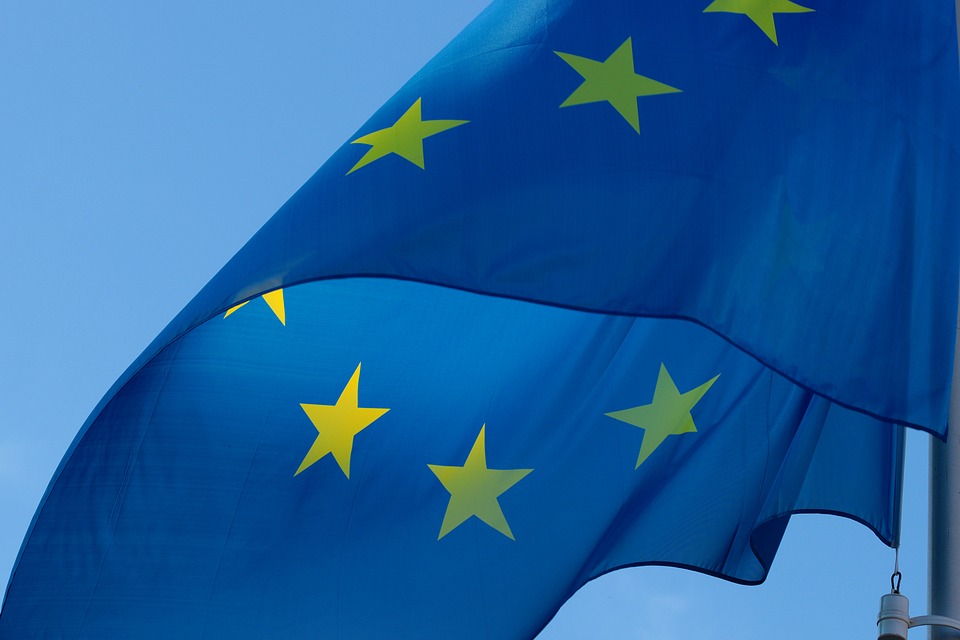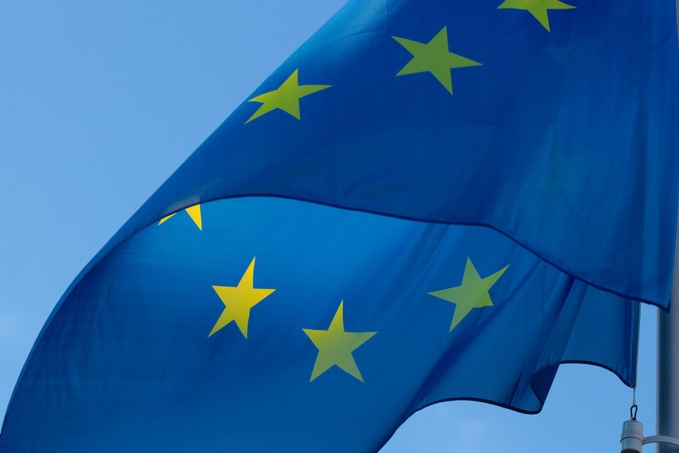It is expected that the European continent will achieve a slow rebound, said Axel Weber, chairman of the Swiss investment bank, told CNBC.
“We are a little skeptical about Europe’s ability to use incentives to achieve this goal,” he said. According to him, stabilization will be below the potential level.
The International Monetary Fund (IMF) recently lowered its forecast for growth in the euro area. Now he expects the economy of the block to grow by 1.3% in 2019, which is lower than the forecast of six months ago.
Weber said that in many European countries, including Italy and France, governments have very little opportunity to use fiscal policy to stimulate the economy. This is because the budget deficit in these countries is close to the upper limit of 3% of GDP, which is allowed by the rules of the European Central Bank (ECB).
Only in Germany there is room for additional fiscal measures, but Berlin will only use them to stimulate the domestic economy, Head of UBS said.
In terms of monetary policy, the ECB over the past few years has pumped trillions of euros into the eurozone economy to boost inflation and stimulate economic growth.
“You have to ask yourself: after many years of quantitative easing, will adding more of the same really have the same effect on the economy as it had when they started it? My answer to this question: probably not,” said Weber.
According to Head of UBS, Europe’s problems go beyond effectiveness of fiscal and monetary policy to stimulate growth. He pointed to three areas: first, European infrastructure and technological development lags behind the United States and China.
“In order to catch up, it is necessary to improve and, therefore, invest in infrastructure, in the digital economy, in 5G technologies. They must quickly catch up and therefore must start investing now,” he said.
As Beijing and Washington approached a trade agreement, US President Donald Trump struck at the European Union. On the social network, he called the EU "a cruel US trading partner" and said the situation would change.
Weber said that Trump's shift towards Europe could trigger a resumption of trade debate.
“This all will not help recovery in Europe, because, as we have seen, if there are trade tensions, there is a higher uncertainty. It negatively affects investment and consumption and, therefore, delays any possible recovery,” he said.
Although at present it seems unlikely that the UK will leave the EU without a deal (the so-called “hard” Brexit), according to Weber, the future path remains unclear.
source: cnbc.com
“We are a little skeptical about Europe’s ability to use incentives to achieve this goal,” he said. According to him, stabilization will be below the potential level.
The International Monetary Fund (IMF) recently lowered its forecast for growth in the euro area. Now he expects the economy of the block to grow by 1.3% in 2019, which is lower than the forecast of six months ago.
Weber said that in many European countries, including Italy and France, governments have very little opportunity to use fiscal policy to stimulate the economy. This is because the budget deficit in these countries is close to the upper limit of 3% of GDP, which is allowed by the rules of the European Central Bank (ECB).
Only in Germany there is room for additional fiscal measures, but Berlin will only use them to stimulate the domestic economy, Head of UBS said.
In terms of monetary policy, the ECB over the past few years has pumped trillions of euros into the eurozone economy to boost inflation and stimulate economic growth.
“You have to ask yourself: after many years of quantitative easing, will adding more of the same really have the same effect on the economy as it had when they started it? My answer to this question: probably not,” said Weber.
According to Head of UBS, Europe’s problems go beyond effectiveness of fiscal and monetary policy to stimulate growth. He pointed to three areas: first, European infrastructure and technological development lags behind the United States and China.
“In order to catch up, it is necessary to improve and, therefore, invest in infrastructure, in the digital economy, in 5G technologies. They must quickly catch up and therefore must start investing now,” he said.
As Beijing and Washington approached a trade agreement, US President Donald Trump struck at the European Union. On the social network, he called the EU "a cruel US trading partner" and said the situation would change.
Weber said that Trump's shift towards Europe could trigger a resumption of trade debate.
“This all will not help recovery in Europe, because, as we have seen, if there are trade tensions, there is a higher uncertainty. It negatively affects investment and consumption and, therefore, delays any possible recovery,” he said.
Although at present it seems unlikely that the UK will leave the EU without a deal (the so-called “hard” Brexit), according to Weber, the future path remains unclear.
source: cnbc.com



















